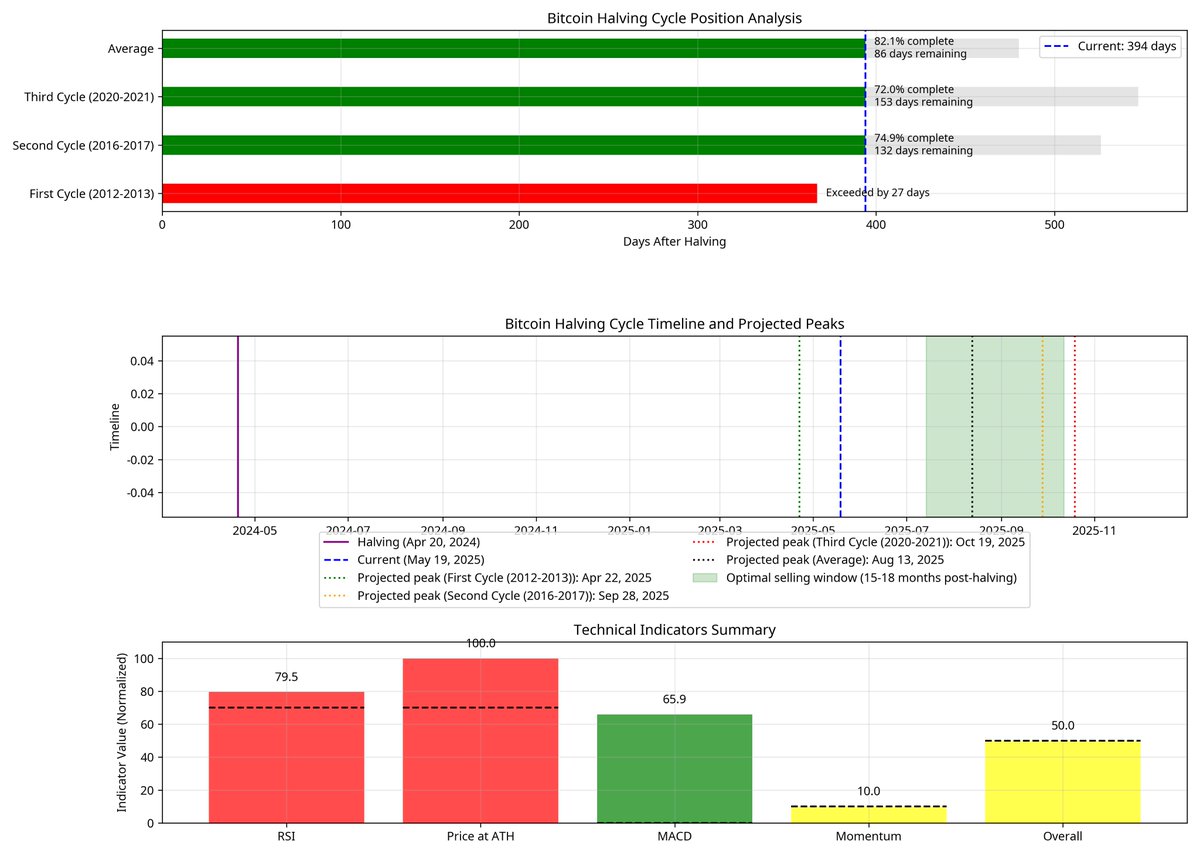—
Unpacking the Impact of AI: Transforming the Present and Shaping the Future
Artificial Intelligence (AI) has ascended from a niche technological concept to a transformative force reshaping almost every aspect of our modern lives. In 2025, AI’s influence continues to expand vigorously, extending from everyday applications to redefining industries, economies, and societies at large. This report aims to dissect the current state of AI, its multifaceted impacts, the challenges it poses, and strategic considerations for navigating its rapid evolution.
—
The Dawn of an AI-Driven Era
The proliferation of AI is no longer a distant vision; it is an ongoing reality changing how we work, interact, and innovate. The technology’s roots stretch back decades, but recent advances in computational power, data accessibility, and algorithmic sophistication have propelled AI to unprecedented heights.
At its core, AI involves machines mimicking human cognitive functions—learning, reasoning, problem-solving, and language understanding—creating tools that augment or sometimes replace human tasks. Today’s AI spans from chatbots that personalize customer service, to complex neural networks analyzing medical images, to generative models producing humanlike text, audio, and art. This diversity demonstrates AI’s growing versatility and relevance.
—
AI in Key Sectors: Revolutionizing Industry and Society
Healthcare: Precision and Personalization
AI’s role in healthcare epitomizes its potential to save lives and enhance quality of care. Machine learning algorithms analyze massive datasets from clinical trials, genetic sequences, and electronic health records, leading to better diagnostics and personalized treatment plans. For example, AI-powered imaging systems can detect anomalies such as tumors with remarkable accuracy, sometimes exceeding human specialists.
Moreover, natural language processing (NLP) enables AI-driven virtual health assistants to engage patients interactively, fostering chronic disease management and medication adherence. While these advances promise improved outcomes, they raise concerns around data privacy, ethics, and accountability.
Finance: Smarter Decisions and Risk Management
The financial sector embraces AI to optimize trading algorithms, detect fraud, and automate customer inquiries. AI models analyze market trends in milliseconds, offering predictive insights that guide investment strategies and risk assessment. Robo-advisors democratize access to wealth management by providing tailored financial advice without hefty fees.
At the same time, reliance on AI brings challenges related to model transparency and systemic risks, particularly when opaque algorithms operate at scale, underscoring the need for regulatory frameworks to balance innovation and protection.
Creative Industries: Expanding the Boundaries of Imagination
Generative AI tools such as those creating art, music, and writing content turn creativity into a collaborative human-machine endeavor. Artists harness AI to explore novel styles and ideas, while marketers use these tools to generate engaging content efficiently.
However, this creative revolution questions authorship, intellectual property, and authenticity. Who owns AI-generated content? Does AI diminish or enhance human creativity? These questions propel ongoing debate within cultural and legal domains.
—
The Ethical and Societal Challenges of AI
No technological leap is without its hurdles, and AI prompts complex ethical dilemmas that concern individuals, companies, and governments alike.
Bias and Fairness
Because AI systems learn from historical data, they can inherit or even amplify societal biases. This can lead to unfair outcomes particularly in sensitive fields like hiring or criminal justice. Mitigating bias requires diversified data, transparent algorithms, and ongoing audits to ensure equitable treatment.
Privacy and Surveillance
AI’s hunger for data provokes privacy fears. From consumer behavior tracking to government surveillance, the use of AI-powered analytics demands careful scrutiny to safeguard civil liberties without stifling innovation.
Employment and Future of Work
Automation powered by AI stirs anxiety about job displacement—especially in sectors involving repetitive tasks. Yet, the emergence of new roles centered around AI oversight, ethics, and maintenance suggests a landscape of transformation rather than pure loss. Preparing workforces through reskilling and education becomes paramount to adapt to this evolving reality.
—
Navigating AI’s Future: Strategic Considerations
The road ahead is filled with opportunities and uncertainties, making strategic foresight essential for stakeholders.
Embrace Responsible Innovation
Companies and developers need to embed ethical frameworks into AI development. Responsible innovation prioritizes transparency, accountability, and respect for human rights, fostering trust with users and regulators.
Collaborative Governance
AI’s global impact demands coordinated policies across borders. International cooperation can establish standards addressing risks like AI weaponization and cross-border data flows, creating a safer and more equitable AI ecosystem.
Education and Public Engagement
Increasing AI literacy helps society understand both its benefits and risks, empowering individuals to make informed choices and participate in shaping AI’s role. Public dialogue and inclusive policymaking ensure diverse perspectives influence AI’s trajectory.
—
Conclusion: AI as a Catalyst for Transformation and Reflection
Artificial Intelligence stands at a complex crossroads—ushering in unprecedented capabilities while forcing reflection on values, governance, and human identity. As AI integrates deeper into daily life and industrial frameworks, the balance between harnessing its potential and managing its challenges will define its legacy.
Those who approach AI with curiosity and caution, creativity and conscience, will not only thrive in this new era but help shape a future where technology amplifies the best of human potential rather than undermining it. The AI journey is just beginning, and its story is a shared one, written by innovators, policymakers, and citizens alike.
—
Further Reading and Resources
– Stanford AI Index Report 2024
– OECD AI Principles and Policy Framework
– World Economic Forum: The Future of Jobs Report
– MIT Technology Review: Ethics of AI
—

